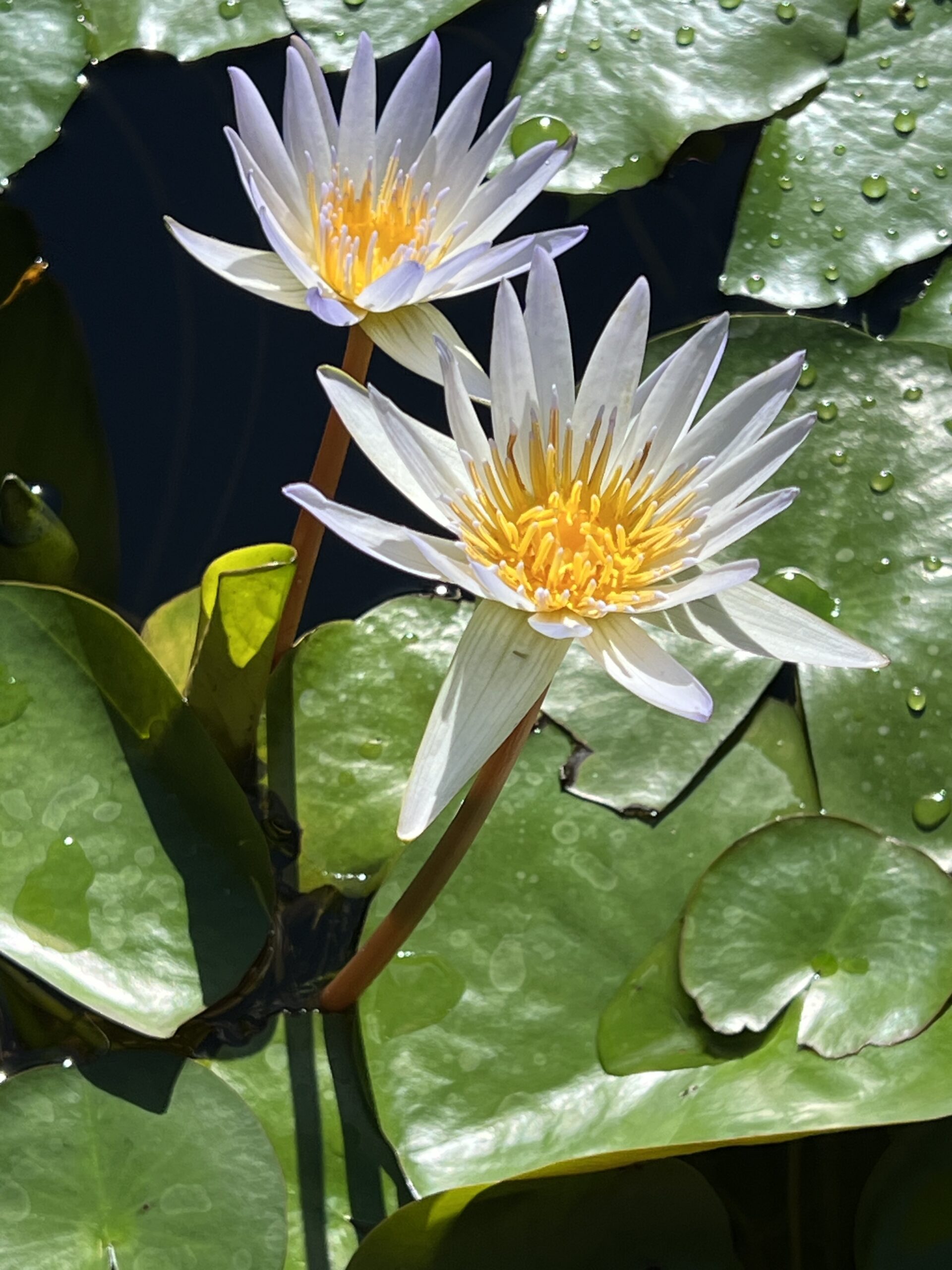CHARISMA
charisma (n.)
1875, “a special spiritual gift or power divinely conferred, talent from God” (as on the early Christians in “Acts,” etc.), Latinized form of Greek kharisma “favor, divine gift,” from kharizesthai “to show favor to,” from kharis “grace, beauty, kindness”.
“The meaning “gift of leadership, power of authority” is from c. 1930, from German, used in this sense by Max Weber (1864-1920) in “Wirtschaft u. Gesellschaft” (1922). The more mundane sense of “personal charm” recorded by 1959.” (Wikipedia)
The other night I attended a high school holiday concert consisting of various band and vocal performances, and featuring the usual range from sullen teens barely moving their lips, to those outstanding few who were fully invested in what they were doing. Despite wanting to be democratic in my attention span, I was consistently drawn to one or two performers who stood out by the gusto with which they played their instruments, or projected not only their voices but something of their personalities. The word “charisma” came to mind. Despite their awkward teenaged bodies, and probable social anxieties, there were certain students who consistently drew my gaze with their beaming smiles and utter lack of guile. I wanted to hug them, or better yet, swaddle them in bubble wrap. I wanted to protect them from the petulant miasma of their peers. And from an adult world that would judge them by other, soulless criteria.
But another thought superseded this negative assessment and shifted my perspective a hundred and eighty degrees. I suddenly realized that I was not there to watch Mr. or Ms. High School Popularity perform for posterity, but rather to witness a precious few who seemed impervious to what their peer group considered cool. And who, by their very resilience, had the future potential to become powerful leaders and influential teachers.
This reflection on resilience and imperviousness brought to mind the lotus, a plant that has, since ancient times, featured prominently in the yogic teachings.
Considered one of the most sacred plants in the world, the lotus is a perennial, aquatic specimen that has a daily-life cycle like no other plant. The ultimate light-worshipper, the lotus roots itself in the muddy bottom of still or slow moving water, its lengthy stem reaching through the aqueous gloom to the surface, where it emerges in a starburst of exuberant bloom. Thanks to a protective outer coating that repels dirt and water, these day-blooming plants close and submerge at night, only to re-emerge, gleaming and pristine, with bright morning sunlight.
Symbolically speaking, because the lotus rises from the murky water without stains, it is often viewed as a symbol of purity, as well as strength, resilience and rebirth. Yet another association with the lotus is transcendence: it represents the transcending of man’s spirit over worldly matter, since it rises from the underworld into the light. And therein lies the thread (dare I say stem) that connects the choir, charisma and the lotus.
I ask myself what special qualities, grace or gift might these few students possess in order to make such a touching impression? How to define their unique appeal, the je ne sais quoi that drew my attention to them, time and time again? And what special sauce makes them impervious to other people’s actions or thoughts? What makes up the protective outer coating that, as for the lotus, repels figurative dirt and water? And finally, how am I to protect myself, not only from such external “slings and arrows” but also from inner thoughts that wander down crooked emotional paths and psychological dark alleys?
Can one cultivate charisma? Or is it a divinely conferred spiritual gift, talent or power that is forever out of reach of mere mortals like me? When I think of the students who impressed me at the concert, I imagine that they came by their skills through a combination of innate talent, practice and training. But their appeal had more to do with who they were as humans, their courage and commitment. Their capacity for joy and humility. And for not taking themselves too seriously.
I can’t much carry a tune, and was a dismal ukulele player, but I believe I can, inspired by these outstanding student examples, make the best of what God, and my gene pool gave me. Which today means diving whole-heartedly into our chaotic and excessive family Christmas gathering. Celebrating the gift of exuberant grandchildren. Patiently catching the crickets that escape from the bearded dragon’s cage. Passing around the expensive but slightly bent chocolates that were inadvertently melted over the heating vent. Working around a dog that lies in the middle of the kitchen when we’re trying to make dinner. Biting my tongue when tempted to tell others how things should be done. And praying for the resilience to count my blessings as we spend the next week cleaning up the mess.
Ad Lucem.
